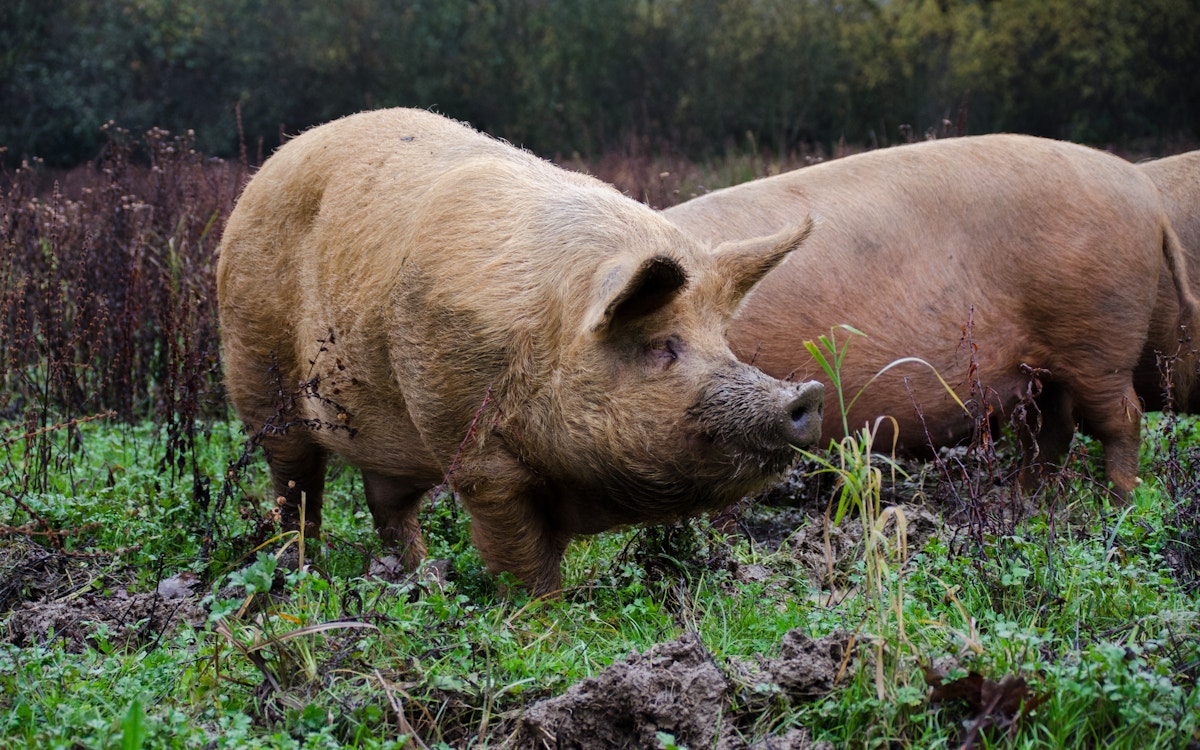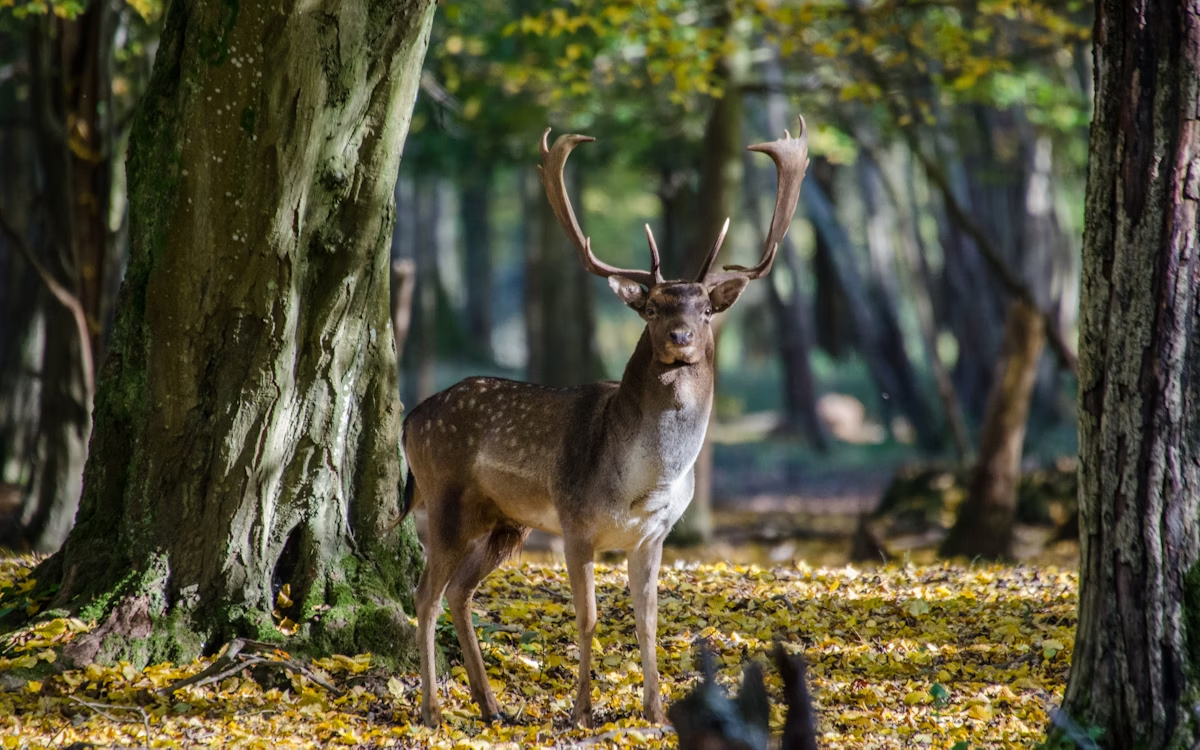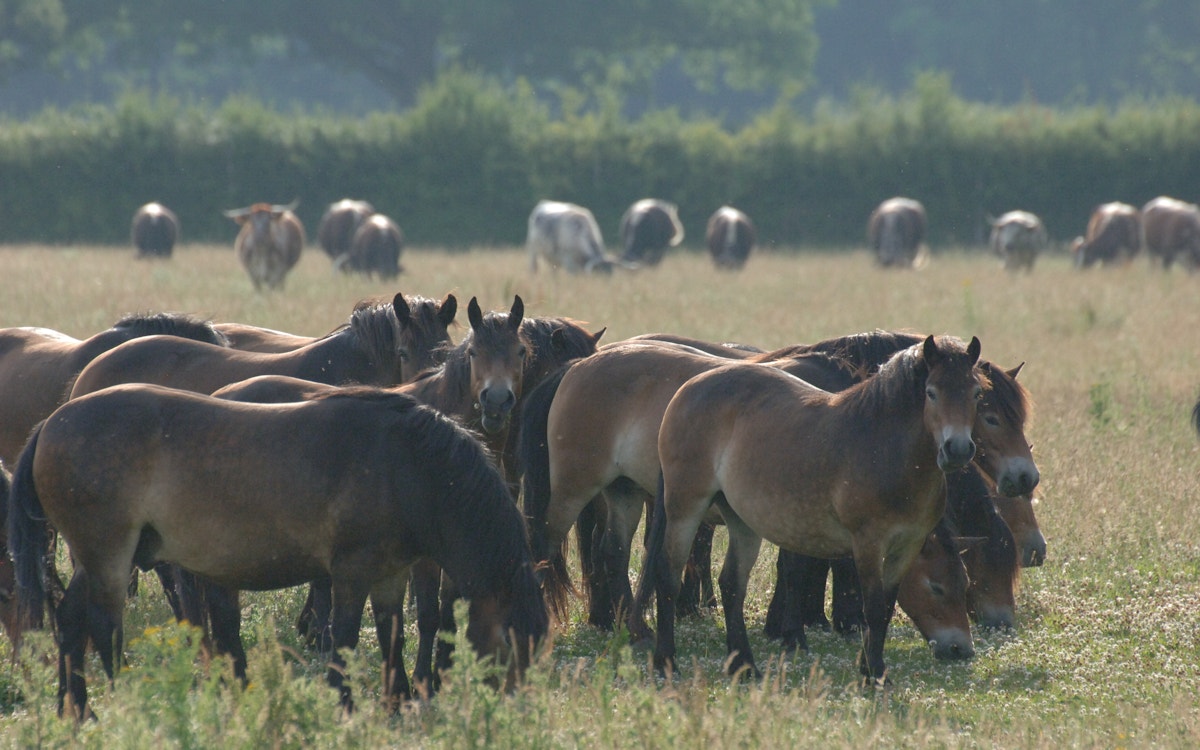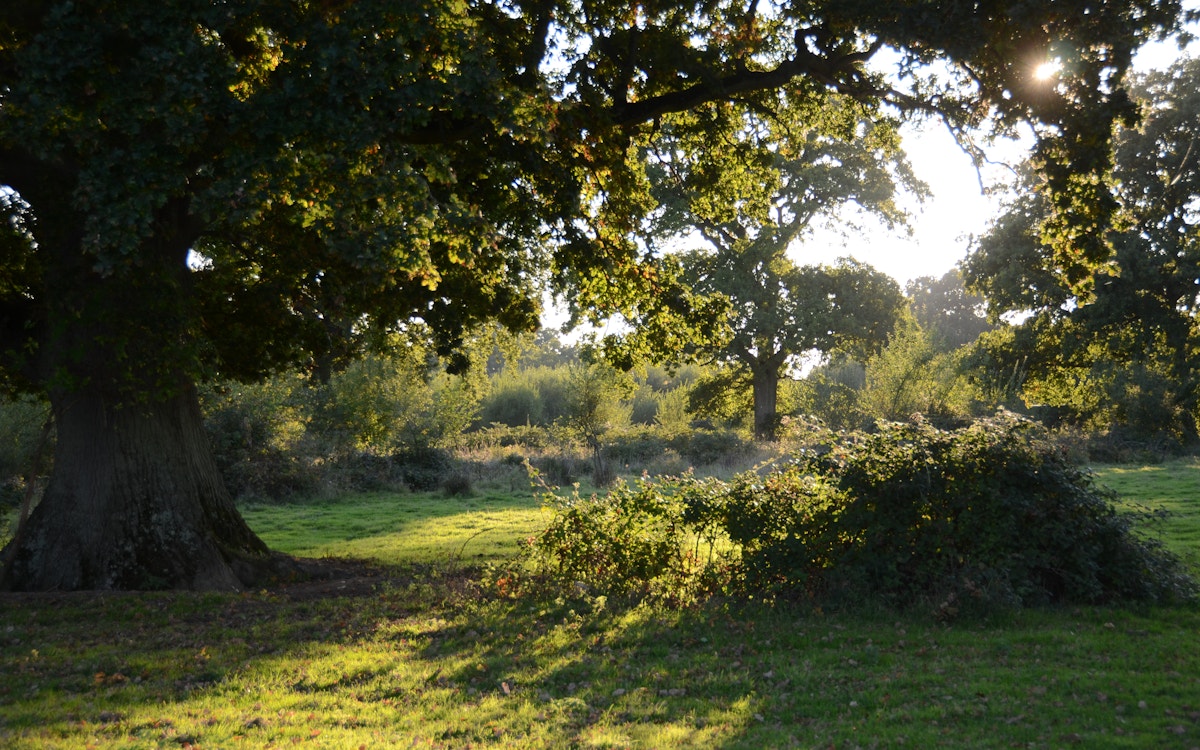Knepp Castle Estate
Pioneering rewilding project that’s turned failing farm land into a profitable site of wildlife abundance.
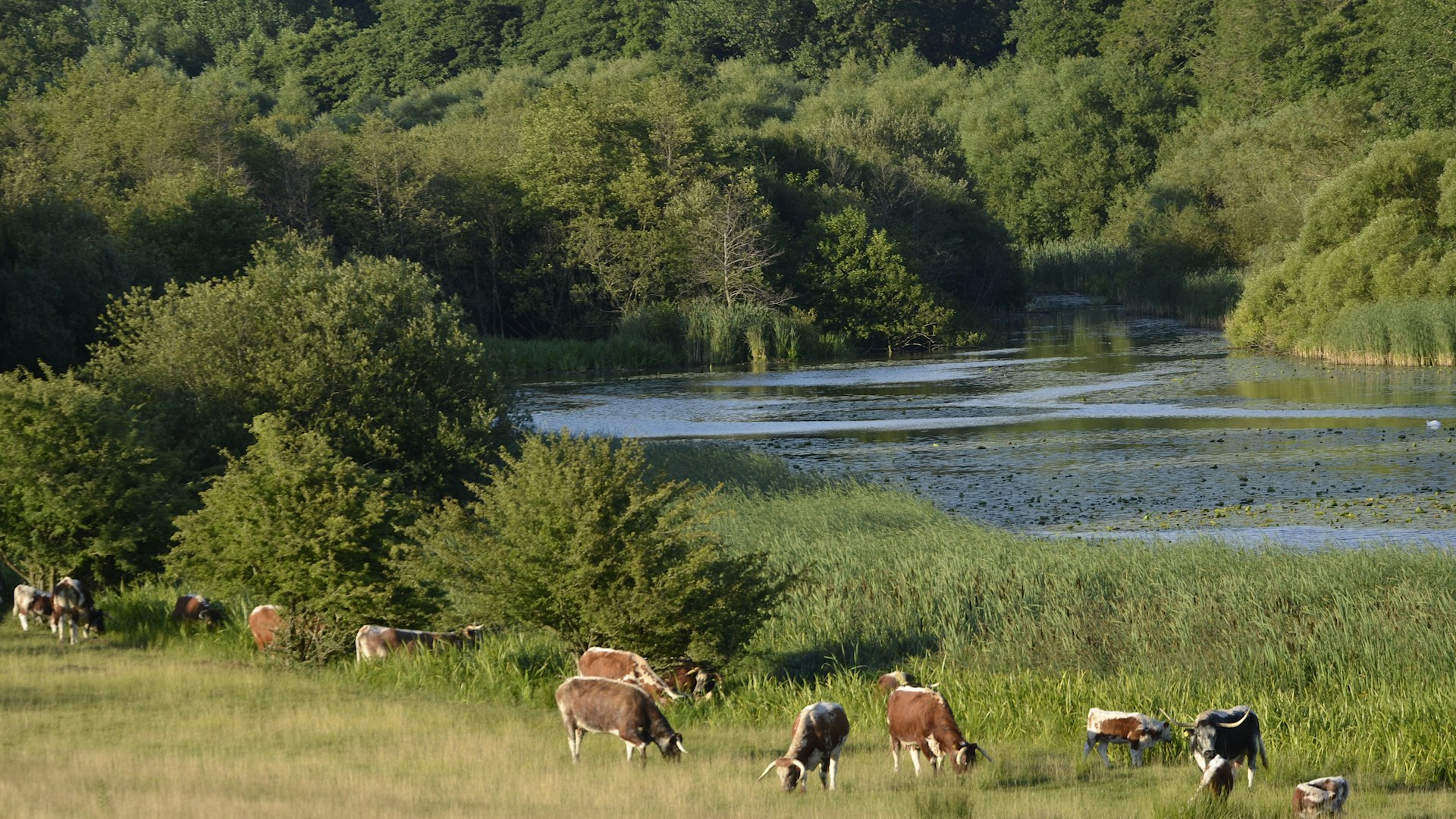
Knepp Castle Estate was once intensively farmed, but since 2001 has been devoted to a pioneering rewilding project. The incredible journey they’ve undertaken is chronicled in the best-selling book Wilding by landowner Isabella Tree.
Knepp’s ethos is to enable natural processes instead of aiming for any particular goals or outcomes. Free-roaming grazing animals — cattle, ponies, pigs and deer — drive this process-led regeneration. They act as proxies for herbivores that would have grazed the land thousands of years ago. Their different grazing preferences are creating a mosaic of habitats — from grassland and scrub to open-grown trees and wood pasture.
Knepp has seen extraordinary increases in wildlife since rewilding began. Extremely rare species such as turtle doves, nightingales, peregrine falcons and purple emperor butterflies are now breeding here. Populations of more common species are rocketing.
Knepp demonstrates that low-cost methods of ecological restoration can be highly effective, producing dramatic and profitable results for failing or abandoned farmland. It shows that rewilding projects can support established nature reserves and wildlife sites by providing an expansion of habitats and wildlife that will one day connect up on a landscape scale. It also supports new nature based enterprises, such as high quality meat, camping, glamping, safaris, and business rentals to create a resilient rural economy. This has improved business for local pubs, shops & B&Bs. The estate also has an extensive volunteer programme, education programme, and wellness programme including yoga.
KICK-STARTING REWILDING
Sheep and dairy cattle were removed and arable land was taken out of production. Internal fencing was removed to allow extensive grazing across the three blocks that make up the project area by herbivores. River restoration and wetland creation through ditch blocking, removal of land drains and restoring the floodplain across 78 acres. Natural regeneration has been encouraged to create successional habitats.
Future plans
- Create a contiguous corridor for wildlife all the way across the county through the Weald to Waves project
- Encouraging neighbouring landowners to join the Knepp rewilding network to create a larger wildland area to build on the 37 local farmers that have signed up to become a cluster group.
- Encourage the enhancement of ecological connectivity in the surrounding area
- Potential reintroduction of wild cat and pine marten as part of any regional initiative
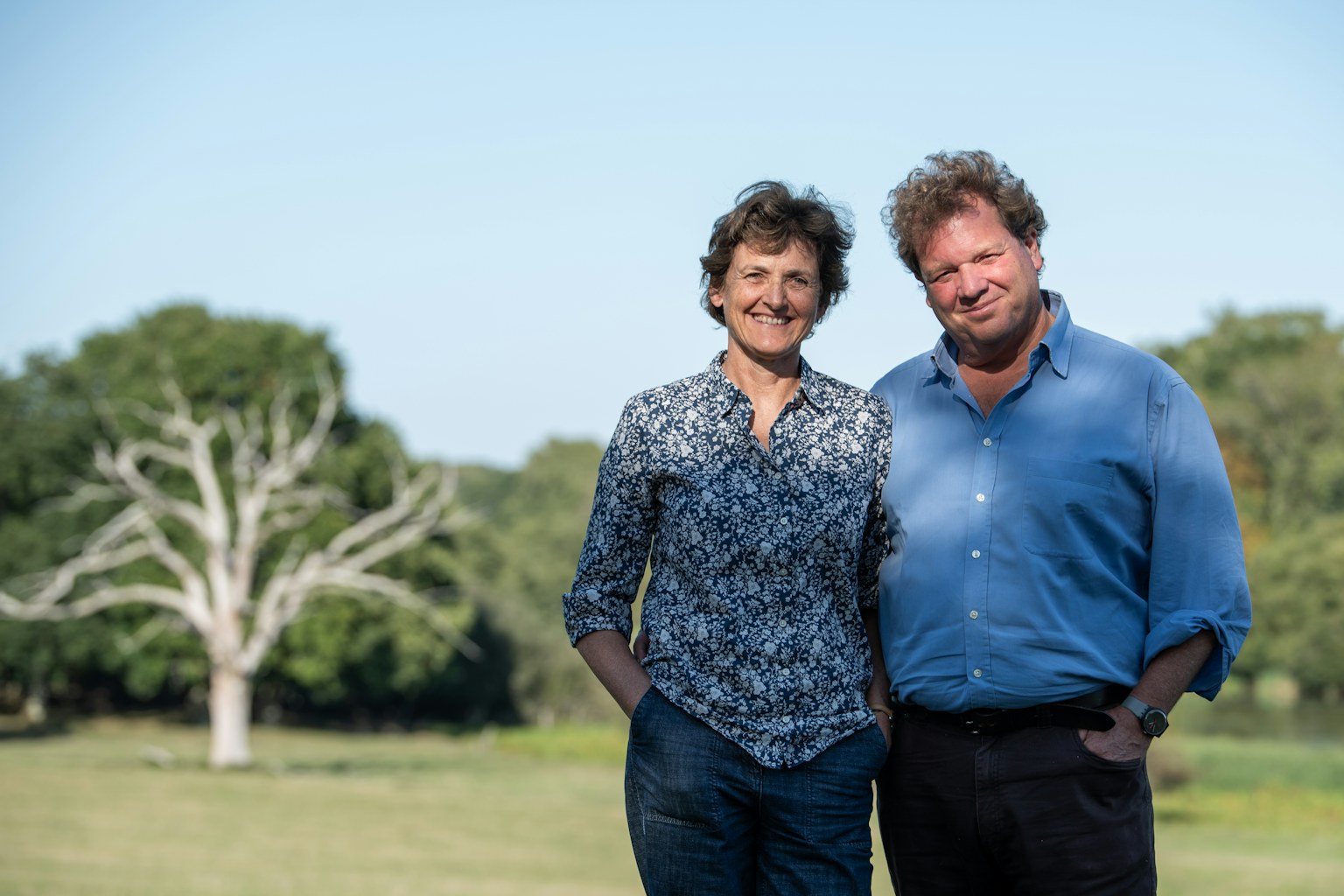
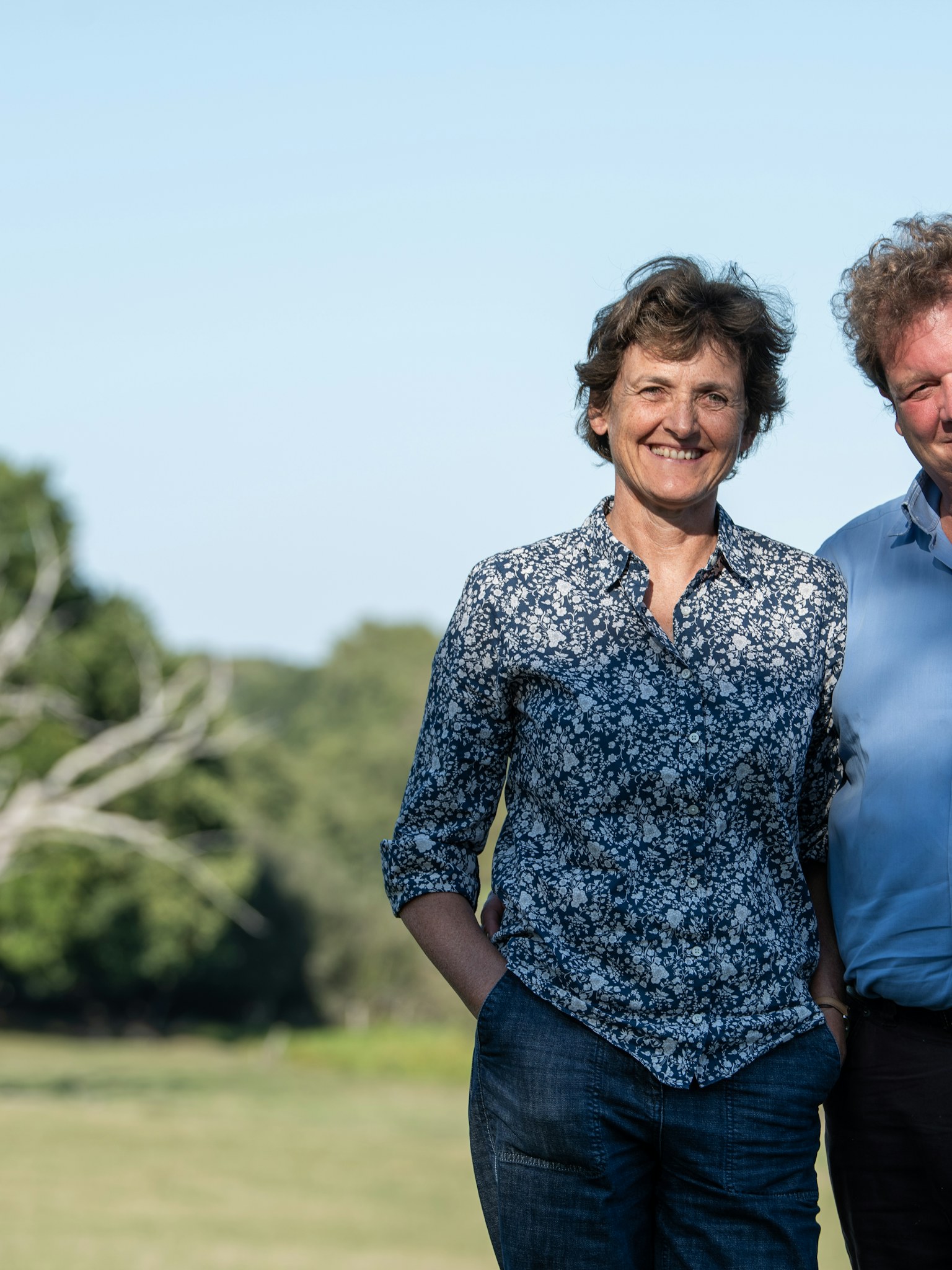
The business behind Knepp

The Rewilding Network
The Rewilding Network is the go-to place for projects across Britain to connect, share and make rewilding happen on land and sea.
More about Knepp Castle Estate
Find out more about Knepp Castle Estate on their website.
